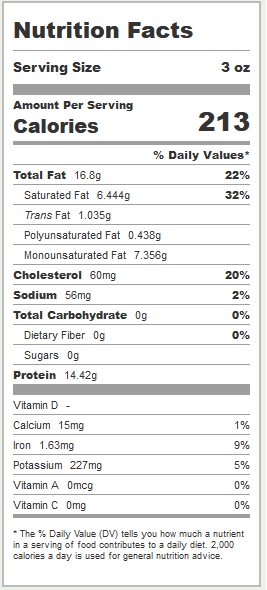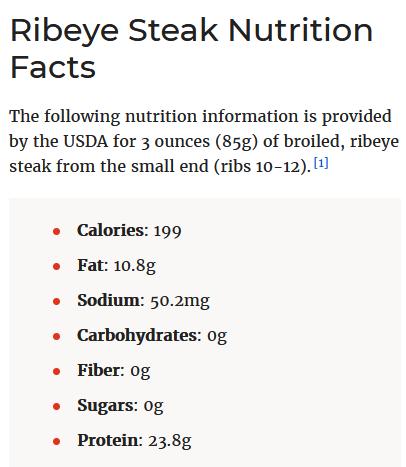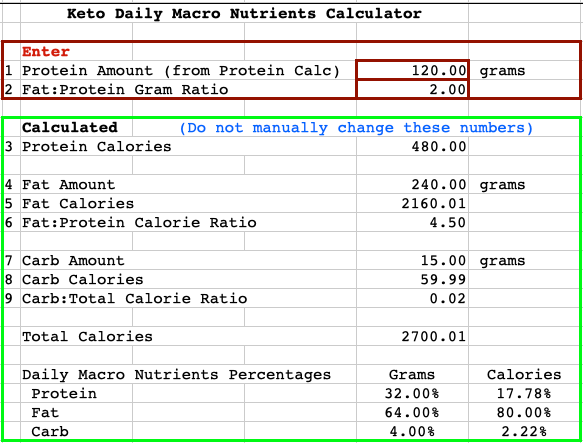Professor Bikman of Brigham Young University and his students have shown that the key lies in the ratio of insulin to glucagon. The latter is secreted by the α-cells of the Islets of Langerhans in the pancreas, while the former is secreted by the adjoining β-cells.
When we eat a great deal of carbohydrate, the glucose in it floods the bloodstream, triggering an insulin response to drive it from the blood (where it causes damage) and into muscle cells for use as energy and fat cells for storage. The excess of glucose inhibits glucagon production, so the insulin/glucation ratio becomes very high. Eating any type of protein along with the glucose (i.e., carbohydrate) only stimulates further insulin secretion. The insulin released when we eat protein is about half the amount released to deal with the equivalent weight of sugar. To say that meat protein causes “as much insulin release as pure sugar” is at best erroneous, as worst an outright lie.
Eating any type of protein without carbohydrate stimulates insulin, but it also stimulates glucagon, with the result that the insulin/glucagon ratio remains low. This means that the body remains in a predominantly catabolic state, and ketogenesis is not inhibited.
Eating fat has a minimal effect on insulin, just enough to allow us to continue to live and thrive. Eating fat along with carbohydrate can cause the fat to be stored along with the excess glucose, but eating only fat and protein (with no or minimal carbohydrate intake) allows the fat to be used as energy to replace the energy we are not eating in the form of carbohydrate.
The Dudes recommend moderate protein in any case, as do Dr. Phinney, Dr. Westman, and other experts. The official recommendation on this site is 1.0-1.5 grams of protein per kilogram of lean body mass per day. Thus, if I weigh 100 kg (220 lbs.) and my lean tissue is 70% of that, then I will eat 70-105 grams of protein a day, which translates to 280-420 g (10-15 oz.) of meat a day.
Some experts even recommend going as high as 2.0 g/kg/day, while others recommend the bare minimum, 0.6 g/kg/day.
The amino acid profile of beef best fits the nutritional needs of the human body. Other meats come quite close. A vegetarian who is willing to eat eggs and fish has a very easy time getting the right amino acid intake, but it becomes harder and harder to do this, the more restrictive the diet. A vegan can eat keto, but it takes careful planning to balance out the plant proteins while minimising carbohydrate intake, and some micronutrients will probably have to be taken in the form of supplements. On the other hand, the human body has absolutely no need for carbohydrate in the diet, so a zero-carb/carnivore diet is perfectly feasible and easily managed.
Most people on a ketogenic diet don’t need to add a great amount of fat to the diet. Cooking with good fats and eating whatever fat comes with the meat (assuming the butcher doesn’t trim it all off) is usually sufficient. Fat is not magic, after all, merely a non-insulinogenic source of energy.







